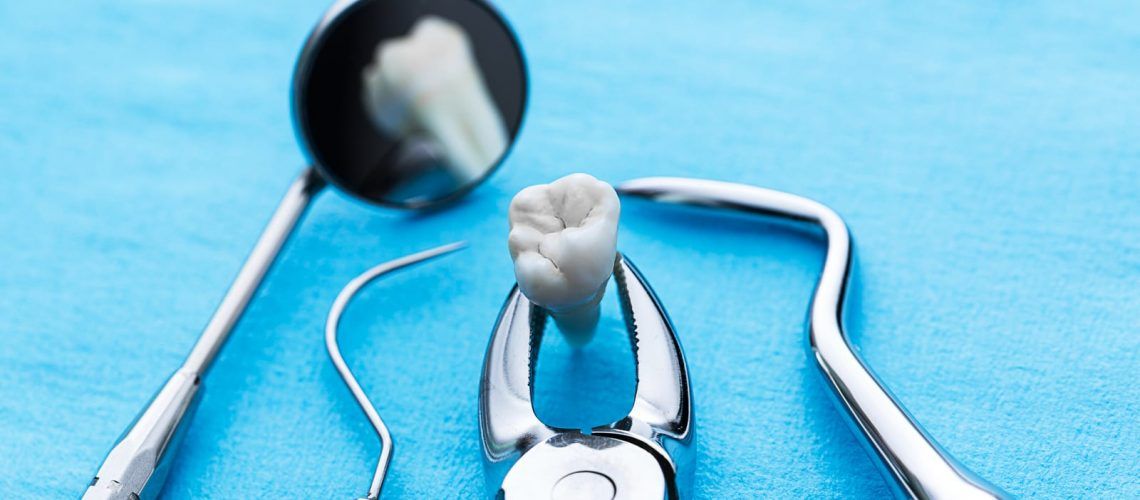An innovation in restoration dentistry materials, glass ionomers are the go-to tool for dentists serving patients that have begun to develop cavities from tooth decay. This new material is more natural in appearance while also bringing greater durability and malleability to the table for a more finished look. These benefits are just some of the reasons that dentists everywhere are suggesting glass ionomers as an effective alternative to composite fillings.
The materials selected to create dental fillings are more than just an aesthetic choice.
The Changing Face of Dentistry With Glass Ionomers
The location and severity of the decay being treated can call for materials that have the ability to be durable over extended periods. Amalgam fillings are an affordable go-to being made of copper, tin, mercury, and silver, but they lack the durability available in other materials. Along with this the presence of mercury in the material poses a measurable if negligible risk of mercury poisoning. Composite resins and other non-amalgam alternatives such as plastic, ceramic, and now glass ionomer fillings provide superior durability and appearance along with a mercury free design.
Glass ionomers have undergone extensive analysis by researchers, as demonstrated in publications like the Journal of Functional Biomaterials. During these studies the bio-compatibility of this new material has been explored as well as the ability they offer to defend against cavities. Some compositions of glass ionomers also contain elements that release fluoride, strengthening the patients neighboring teeth. The physical properties of these ionomers include a reaction that is acid based that develops a resilient surface on the material. The released fluoride also boosts the adhesion of minerals and enamel to the surface of the teeth for long-term resilience. This means that in addition to being an aesthetically pleasing restoration, it also provides a source of long term cavity prevention.
What Makes Glass Ionomers Unique For Patients
For those investigating options for an upcoming restoration, its generally advised to consult with their dentist. Their providers grasp of their overall oral health, options that are suitable for the decay that’s present, and how they’ll be able to work with the patients budget. Many patients will find glass ionomers an attractive solution due to their many benefits.
- Versatility – Glass ionomers can be used in cosmetic treatments as well as restorative ones.
- Reduced Dental Sensitivity – Those who receive treatments making use of glass ionomers report reduced dental sensitivity than those utilizing other materials. The support this material provides to the internal structure of your teeth protects the pulp and nerves from further damage.
- Ease of Application – Glass ionomers generally result in faster and more successful restorations due to how easy they are to use and how quickly they harden into place.
- Longer Lasting – The physical properties of glass ionomers includes minimal shrinkage, allowing them to remain firmly fitted into your teeth for a longer period. Re-restoration is rarely needed with this material.
Glass ionomers have found their place in modern restoration dentistry. Patients selecting this innovation are guaranteed a beautiful and long-lasting restoration that will serve them for years.



